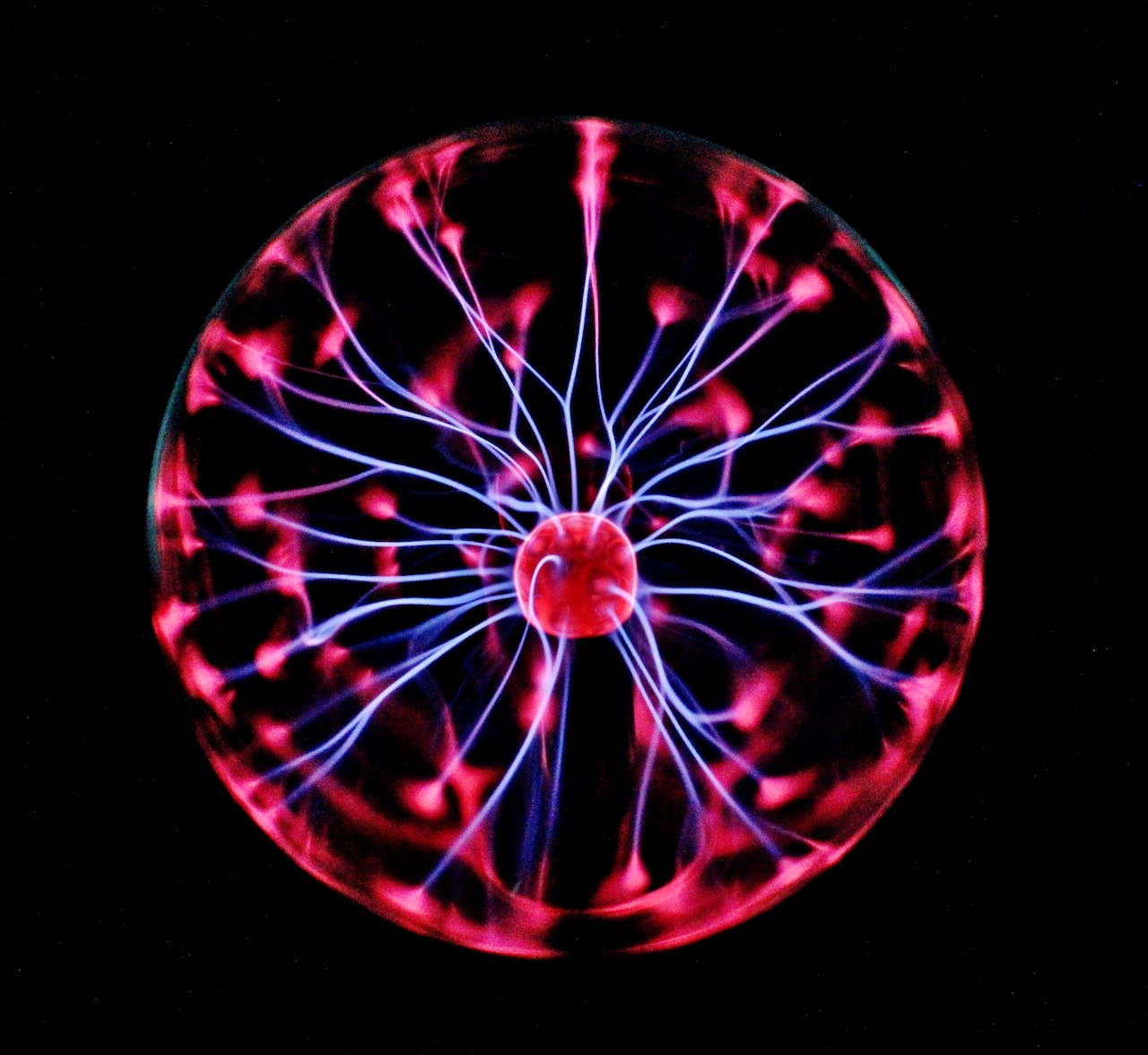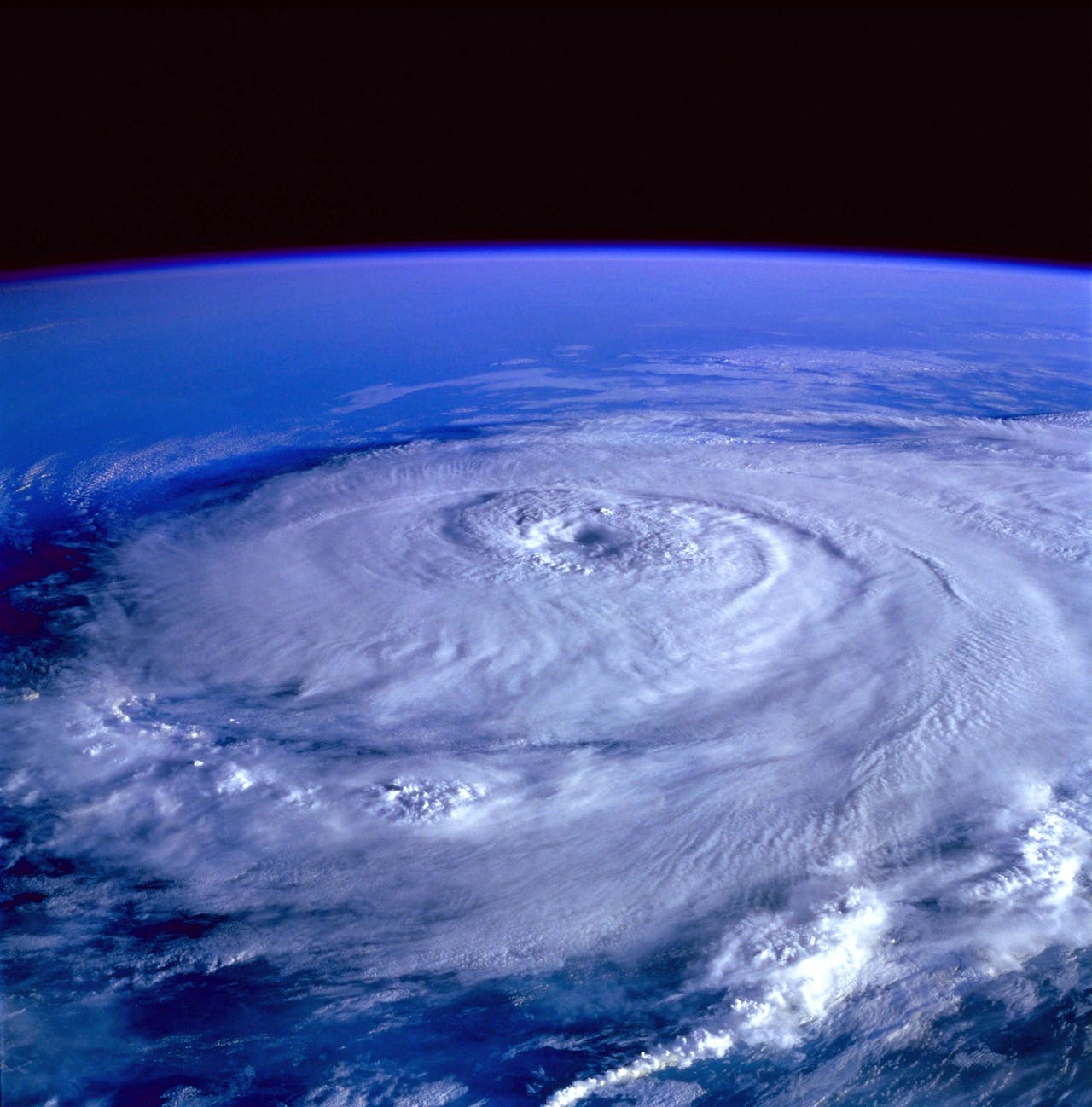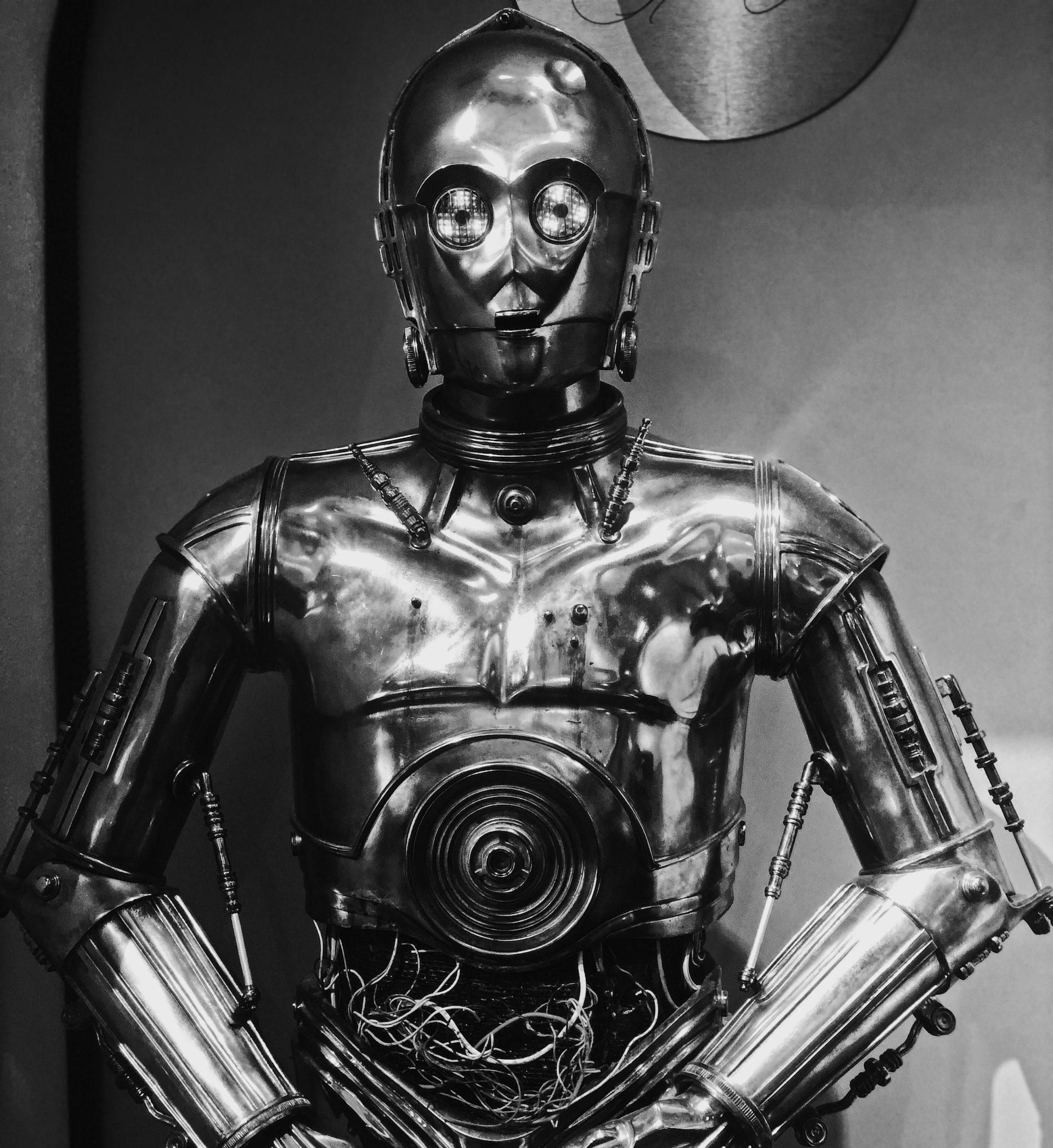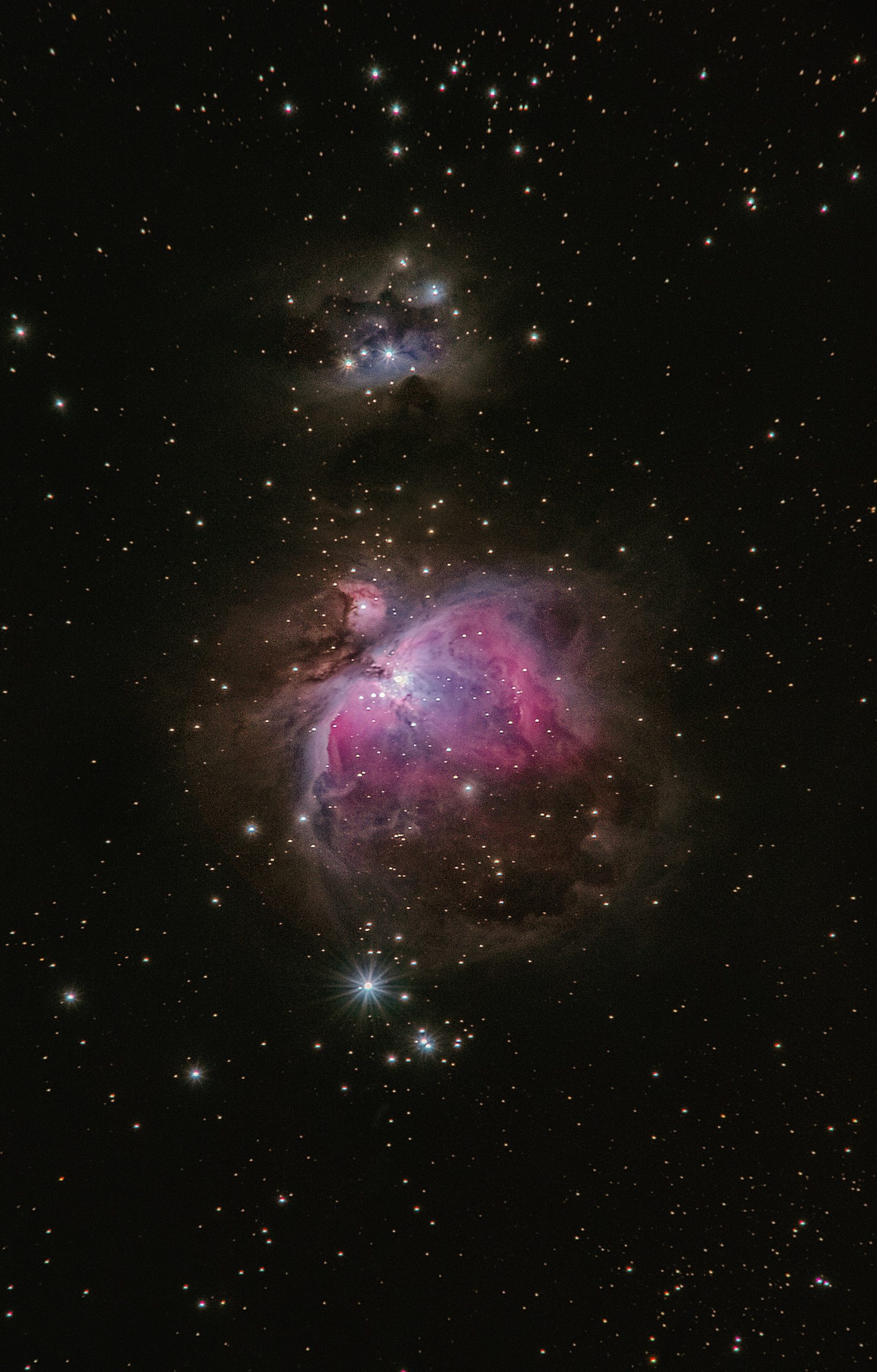Way back in 1865, Jules Verne described rocketing to the moon in his novel, From the Earth to the Moon. As early as 1942, Isaac Asimov invented the Three Laws of Robotics to prevent intelligent machines from harming humans. And in 1945, Arthur C. Clarke proposed a geostationary communications satellite hovering above the earth.
For contemporary audiences, such ideas were completely outlandish. Looking back, however, these far-fetched scenarios have proven remarkably prescient. But how were sci-fi writers able to grasp the real-world future with such accuracy?
Far from being prophesying mystics, these seminal authors harnessed their intelligence and imagination to prompt readers to ask the question, “what if?”. From the novels of Philip K. Dick to the Marvel Cinematic Universe, science fiction invites the audience to predict the future based on what they already understand about the past and the present.








